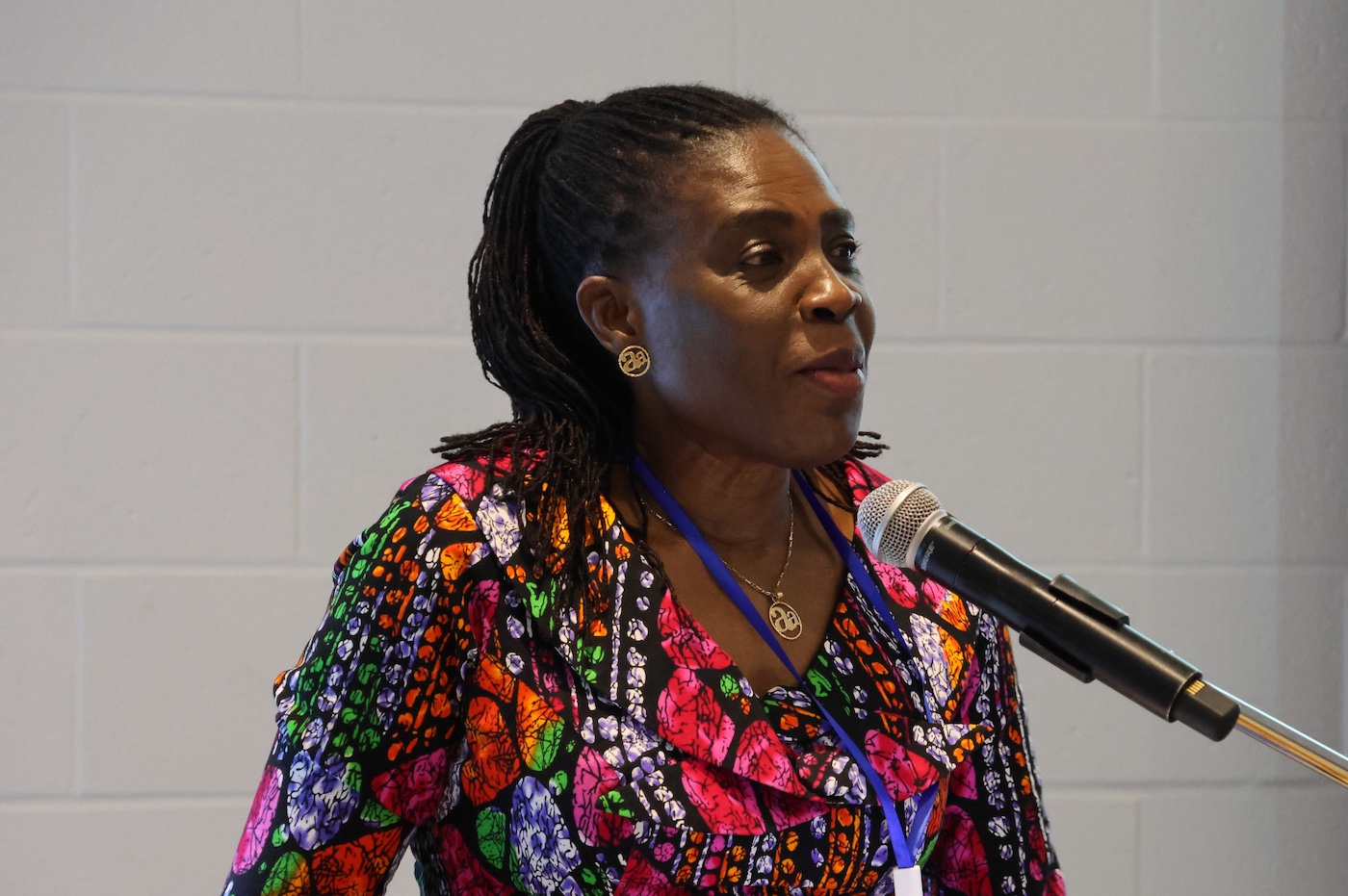Topic Resources
February 10, 2022
Agenda 2063 is Africa’s development blueprint to achieve inclusive and sustainable socio-economic development over a 50-year period.
October 06, 2025
AFRICA’S DEVELOPMENT
D Y N A M I C S
INFRASTRUCTURE, GROWTH AND TRANSFORMATION
OVERVIEW
September 30, 2025
September 30, 2025
In line with the Africa Regional Strategy for Disaster Risk Reduction
November 2017
October 11, 2025


